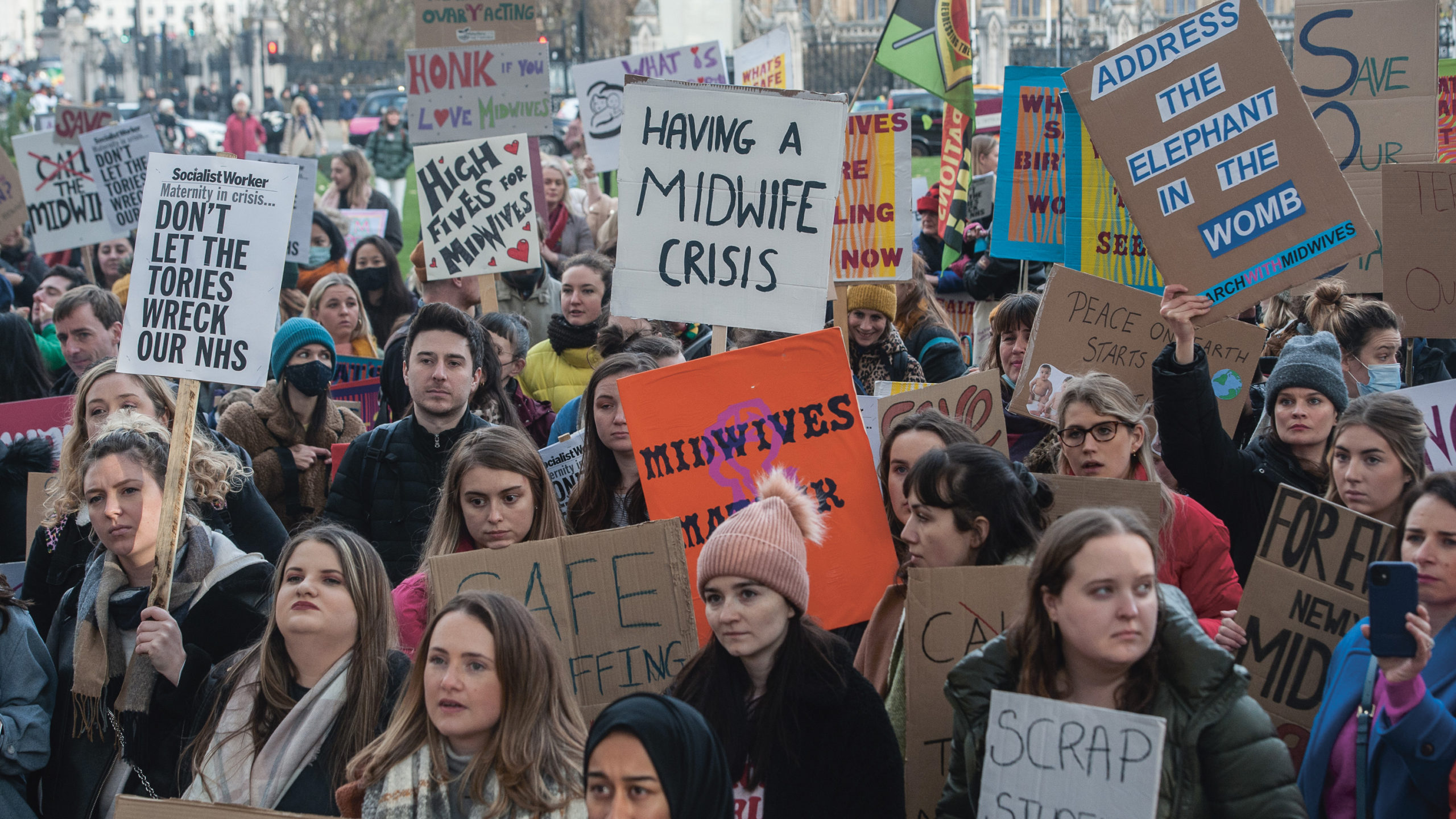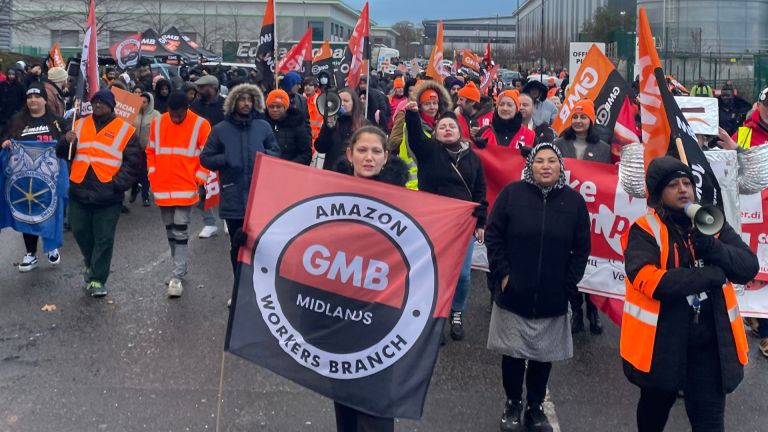We are coming up to Christmas. Whatever your beliefs, this festival is based on the birth of a child, one who had quite a future ahead of him. In The Big Issue of November 22, John Bird’s words “Let’s not dance around the need to plan for the future” struck a chord with me.
Having been a registered midwife for more than 30 years, I see my profession as bound up with considering the future. Each birth is a new beginning of life for the family. What happens during that pregnancy, birth and afterwards will impact the wellbeing of that woman and that baby for the rest of their lives. The most recent State of the World’s Midwifery Report demonstrates globally how the presence of a midwife at that crucial time saves lives.
The report states: “The evidence indicates that investing in midwives facilitates positive birth experiences, improves health outcomes, augments workforce supply, favours inclusive and equitable growth, facilitates economic stabilisation, and can have a positive macroeconomic impact.”
Midwifery on the global stage is political and significant in the support of women and families. Yet, across the UK, news outlets in recent weeks have had headlines pointing to the crisis of a shortage of midwives impacting on the provision of care. News hacks have been quick to share stories of poor care and experiences.
For those of us in the profession this crisis has been an accident waiting to happen. In 2013 the Royal College of Midwives’ State of the Maternity Services report pointed out the high number of midwives over the age of 45 who were on target to retire. In 2016 the UK government removed the bursary payments for nursing and midwifery students, and introduced tuition fees. It was argued strongly at the time this would disproportionately impact students and this has clearly been the case. Students have been struggling with debt and survival.
Over the course of the pandemic many midwives chose to, or were persuaded to, stay on to help rather than retire. This year they are walking away, exhausted and demoralised, along with many others. Newly qualified midwives have felt unsupported in their new role; many are unable to continue with poor physical and mental health.









